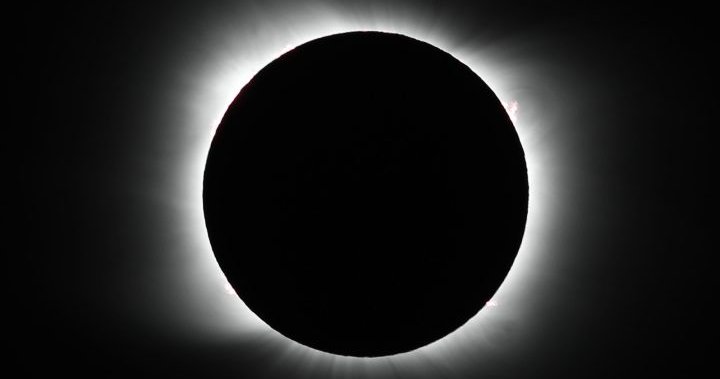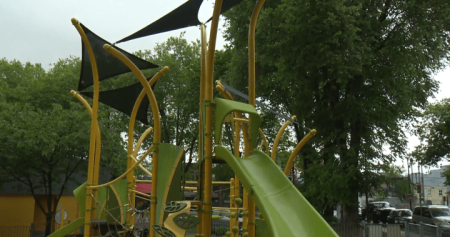A state of emergency has been declared in Niagara Region in advance of the solar eclipse happening on April 8. This decision was made by Regional Chair Jim Bradley under the Emergency Management and Civil Protection Act as a precautionary measure to ensure the health and safety of residents and visitors. The declaration is intended to provide additional tools to protect critical infrastructure and respond effectively to any potential scenarios that may arise during the influx of people coming to view the eclipse. Various local organizations and authorities have been working together to prepare for the event and ensure a safe and memorable experience for everyone involved.
Niagara Region is expected to be a popular destination for viewing the April 8 solar eclipse, as it is located along the path of totality. With estimates suggesting that one million people could visit Niagara Falls alone, authorities are taking proactive measures to manage the crowds and ensure public safety. Local governments, emergency responders, schools, and other organizations have been collaborating with provincial authorities and key partners to make necessary arrangements for the event. Residents and visitors are encouraged to plan ahead for the influx of people, including filling up on gas, stocking up on groceries, and completing essential errands before the eclipse.
Regional Chair Jim Bradley expressed confidence in the region’s preparedness for the solar eclipse event, emphasizing the collaboration and effort put forth by various stakeholders to ensure a safe and enjoyable experience for all attendees. The release also advised individuals to follow local directives and road signage while traveling on the day of the eclipse, and to refrain from stopping, taking pictures, or getting out of their cars to view the event on highways. As a precautionary measure, most schools in Niagara will be closed on April 8, prompting parents to make childcare arrangements. In addition, it is recommended that viewers use certified glasses when observing the eclipse to protect their eyes.
To alleviate traffic congestion during the influx of visitors for the solar eclipse, Niagara Region will be closing some facilities and modifying programs and services. The proactive measures aim to minimize disruptions and ensure the safety of residents and visitors alike. Authorities are also urging people to be prepared for crowds, long lines, and potential road closures on the day of the eclipse. By working together and taking necessary precautions, Niagara Region is committed to providing a safe and unforgettable experience for all those who come to witness the rare astronomical event. As the event approaches, residents and visitors are encouraged to stay updated on local guidelines and instructions to ensure a smooth and enjoyable experience during the solar eclipse.















